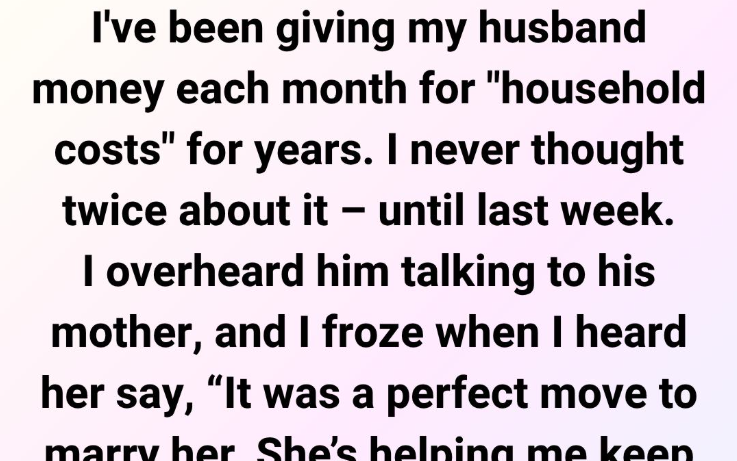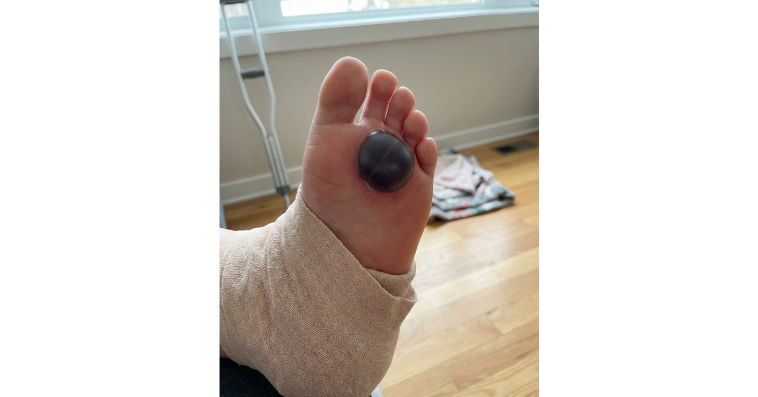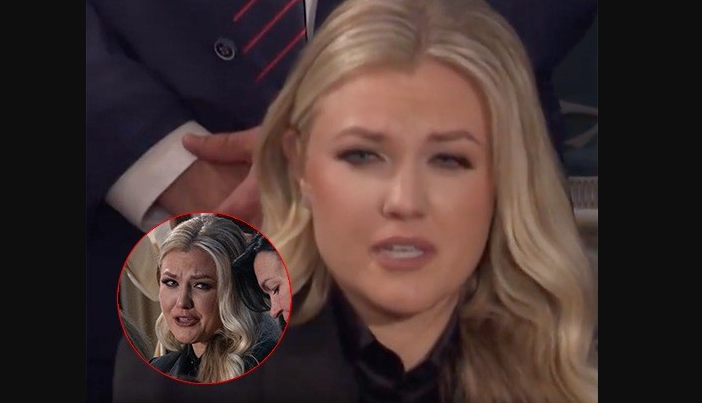I (35F) have been married to my husband (39M) for nine years. Early in our marriage, he invited me to live in his childhood home, explaining that it was a cherished family property passed down from his late father. His mother supported the idea, and I embraced it, thrilled to begin our journey in a house rich with sentimental value.
We divided our financial responsibilities: I cover groceries, childcare, and utility bills, while he handles all house-related expenses. Additionally, I contribute a monthly sum for what he described as “household costs.” This arrangement felt fair, and I accepted it without hesitation for years—until an unsettling moment last week shifted my perspective.
One afternoon, I returned home from work earlier than usual and overheard a conversation between my husband and his mother in the kitchen. I didn’t intend to eavesdrop, but her words stopped me in my tracks: “Marrying her was a brilliant decision. She’s been a tremendous help with the mortgage payments. Be sure to thank her again.”
My stomach dropped. Mortgage?
Once his mother left, I confronted him calmly but firmly: “What did she mean by that?”
He initially dodged the question, but when I pressed further, he admitted the truth: the house doesn’t belong to him. It remains in his mother’s name. The monthly contributions I’ve been making? They’ve been going toward her mortgage payments all along.
Shock washed over me. “You told me this was your house,” I said, my voice trembling.
His response was casual: “You never asked who legally owned it.”
I countered, “Why would I? You said it was yours. That was enough for me to trust you.”
He shrugged, unbothered. “We live here together. It’s our home. Does it really matter whose name is on the title?”
The revelation hit me hard. I explained that it mattered deeply because, for years, I’ve been unknowingly funding his mother’s mortgage. I had believed we were investing in our shared future, not subsidizing someone else’s property without my knowledge.
He dismissed my feelings, insisting I was making too much of it and that I should feel good about supporting his mother. To him, it was a minor detail.
To me, it’s a profound betrayal of trust.
Now, he’s framing me as unreasonable, claiming I’m exaggerating an issue that “changes nothing.” But for me, it changes everything—how I view our partnership, our home, and the honesty between us.
Am I unreasonable for feeling deeply hurt and deceived by this?






